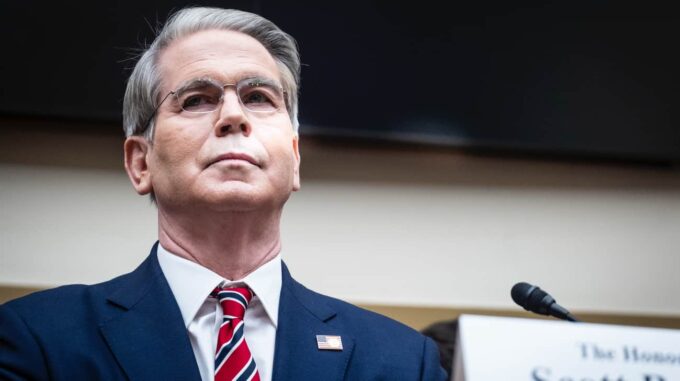The United States of America will introduce a new round of sanctions against Iran’s “shadow banking network,” which is part of a broader strategy to pressure Tehran under the “maximum pressure” policy that intensified following the Biden administration’s renewal of economic restrictions

This was reported on June 6 by the U.S. Department of the Treasury, emphasizing that the sanctions target over thirty individuals and entities involved in circumventing financial sanctions and creating covert channels for money transfers. This marks the first major action since the policy’s reintroduction designed to combat networks that assist the Iranian regime in financing its nuclear program, weapons production, and expanding its influence in the Middle East region. According to U.S. Treasury officials, Iran’s "shadow" infrastructure includes shell companies holding accounts in various currencies and banks worldwide, primarily in the Gulf region, Hong Kong, and the United Arab Emirates. Such mechanisms enable Iranian organizations to earn revenue from oil exports and to accumulate funds, bypassing international financial restrictions. It is noted that at least two Iranian firms are directly linked to the state-owned tanker company Iran Tanker Company, which plays a key role in exporting Iranian oil abroad. The Treasury added that these schemes are vital for the regime, as they allow it to generate foreign currency income and finance its destabilizing activities both regionally and internationally. U.S. Treasury Secretary Scott Bessent stated that "Iran’s shadow banking system is a vital lifeline for the regime, through which Tehran earns revenue from oil sales, transfers funds, and supports its weapons production and terrorist activities." He further emphasized that these covert financial mechanisms enable the Iranian authorities to continue their destabilizing policies both inside the country and abroad. External political pressure on Tehran continues to intensify. Over recent months, the Trump administration has implemented several rounds of new sanctions, notably targeting Iran’s oil industry, a critical component of the economic blockade. Additionally, Washington warns foreign companies against buying Iranian raw materials, threatening fines or even criminal prosecution. These signals aim to isolate Iran internationally and compel it to return to negotiations over its nuclear program. The goal of these measures is not only to limit the income of the Iranian regime but also to prevent the funding of its military and terrorist networks in the region. The Trump administration believes that strict financial controls can reduce the threat to global security and stability across the Middle East. For now, the new sanctions represent only the first phase of a broader strategy to restrict Iran’s economy and diplomacy. It is expected that in the future, the U.S. administration will further tighten financial pressure and intensify diplomatic efforts to achieve a long-awaited nuclear agreement with Tehran, one that would limit Iran’s nuclear activities and ensure greater transparency in implementing international agreements. Overall, this new wave of sanctions underscores the U.S. commitment to increasing pressure on the Iranian regime by leveraging financial mechanisms and economic tools to achieve strategic objectives in the region and to seek a diplomatic resolution to the conflict.

